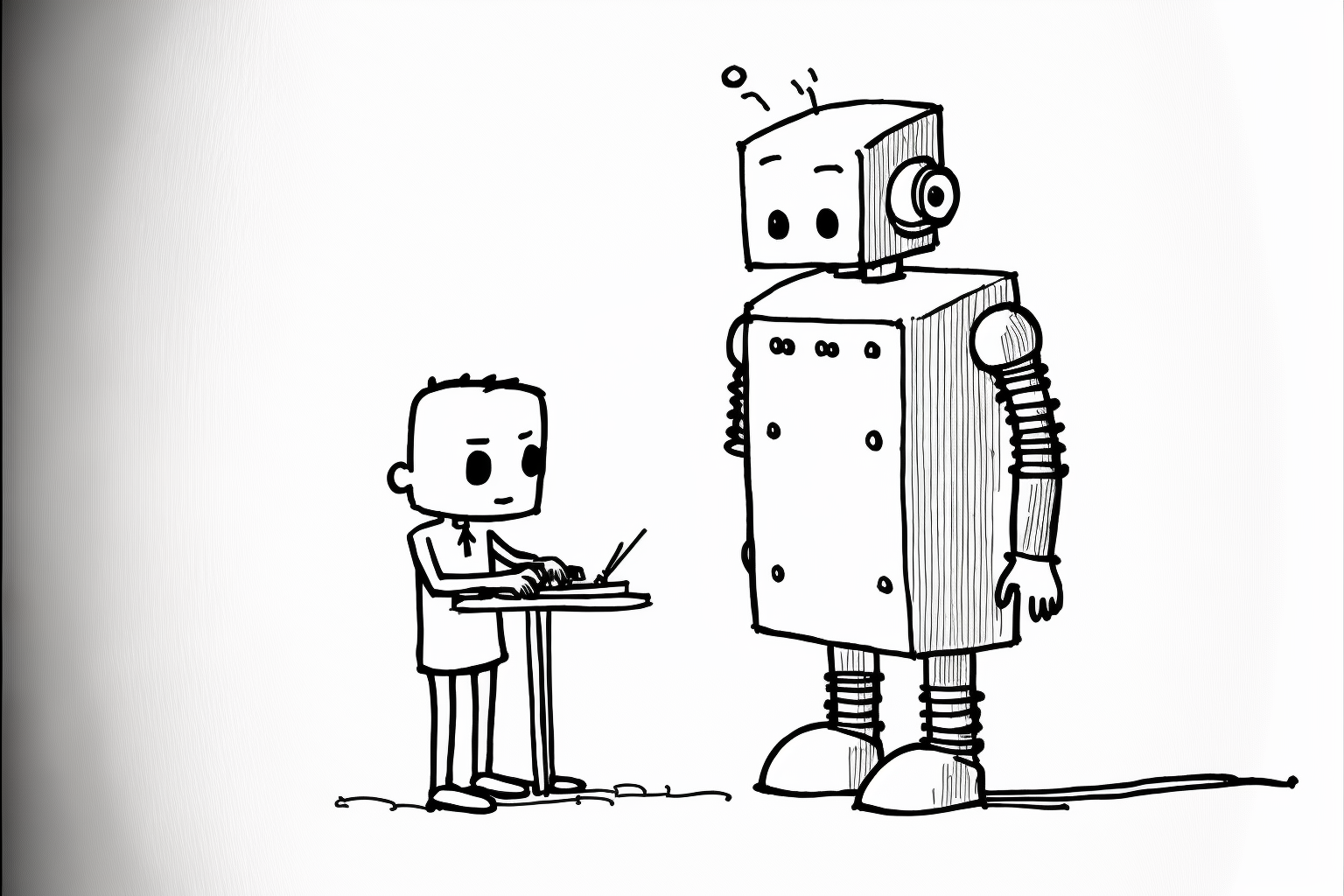Jason Shen
@jasonshen
Exec coach helping founders and creative leaders rebound and reinvent so they do more of what matters most.
Jason Shen
@jasonshen
Exec coach helping founders and creative leaders rebound and reinvent so they do more of what matters most.
Knowing where to double down is critical to outsized success

Film techniques
This is an example of what’s called a “divergence test” (as opposed to a test like the Raven’s, which asks you to sort through a list of possibilities and converge on the right answer). It requires you to use your imagination and take your mind in as many different directions as possible. With a divergence test, obviously there isn’t a single right
... See moreSome people are stronger at converging than diverging
When you find LOTR characters at a hockey game
You know a river runs through it but have you heard it with a pen tap percussion beat?

Not everyone comes out guns blazing